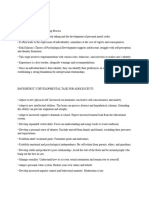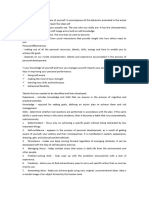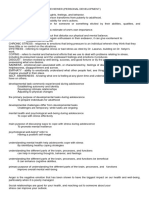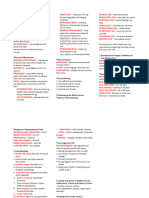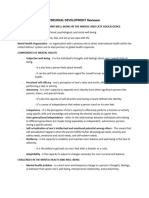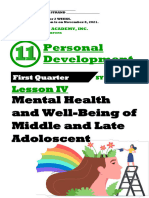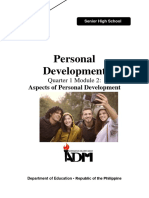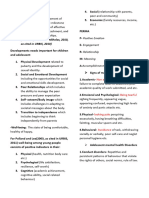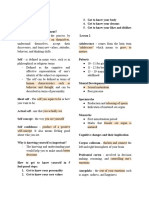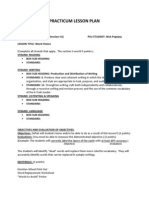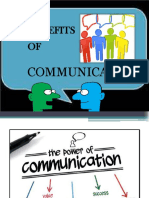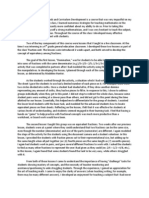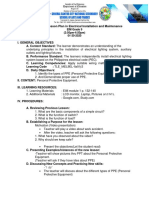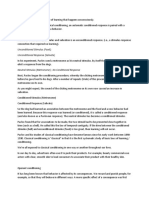0% found this document useful (0 votes)
7 views3 pagesReview
The document outlines key concepts related to self and identity, emphasizing the importance of self-knowledge, self-acceptance, and social awareness in building relationships. It discusses stress and emotions, highlighting healthy coping mechanisms and the significance of emotional awareness. Additionally, it covers developmental stages according to Erikson's theory, mental health concerns, and adolescent issues, including identity confusion and the impact of social media on self-esteem.
Uploaded by
Kierth Colin SabandalCopyright
© © All Rights Reserved
We take content rights seriously. If you suspect this is your content, claim it here.
Available Formats
Download as DOCX, PDF, TXT or read online on Scribd
0% found this document useful (0 votes)
7 views3 pagesReview
The document outlines key concepts related to self and identity, emphasizing the importance of self-knowledge, self-acceptance, and social awareness in building relationships. It discusses stress and emotions, highlighting healthy coping mechanisms and the significance of emotional awareness. Additionally, it covers developmental stages according to Erikson's theory, mental health concerns, and adolescent issues, including identity confusion and the impact of social media on self-esteem.
Uploaded by
Kierth Colin SabandalCopyright
© © All Rights Reserved
We take content rights seriously. If you suspect this is your content, claim it here.
Available Formats
Download as DOCX, PDF, TXT or read online on Scribd
/ 3




